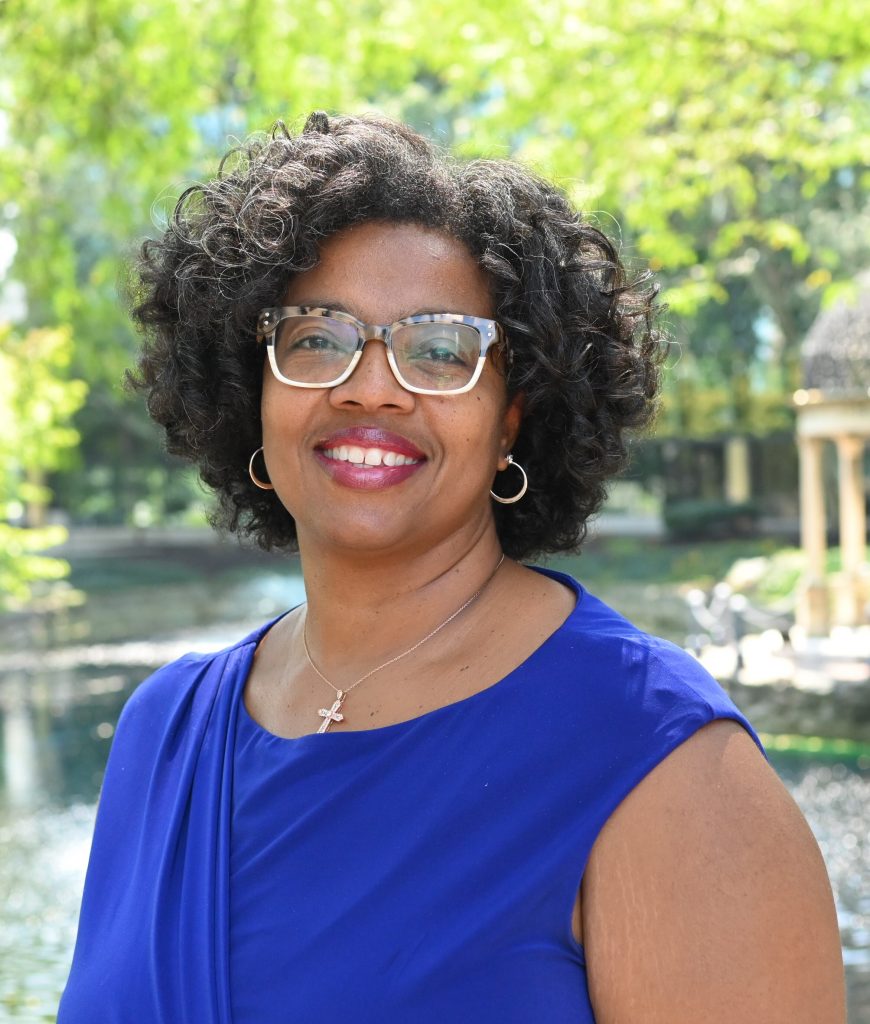
The 2022 IAMSE meeting in Denver, CO, USA will offer many opportunities for faculty development and networking to bring medical sciences and medical education across the continuum together. This year’s main topic is Healthcare Educators, Learners and Providers: Building the Future Together. Our closing plenary speaker will be Juliana Mosley-Williams from Salus University in Pennsylvania, USA. She will present Health Science Education Gets Culturally Humble on Tuesday, June 7, 2022.
Health Science Education
Gets Culturally Humble
The current state of affairs with respect to the COVID-19 pandemic and increased racial unrest shows the need for diversity, equity and inclusion in society is greater than ever. Health care, specifically, has a long and storied history of inequities caused by racism and discrimination and have intensified during the pandemic. Public health has long known that a person’s social, economic, and physical environment shape their health significantly, and these factors are directly tied to racism. However, we can be proactive in better preparing health care providers and clinicians to dismantle these inequities through conscious consideration, intentional education and engagement of cultural humility.
The diversity and inclusion concept of cultural humility, developed by Drs. Melanie Tervalon and Jann Murray-Garcia in 1998, was an attempt to address the challenge of implementing multicultural education to medical students and staff that aids them in providing health care to an increasingly diverse population. Cultural humility is a process-oriented approach that extends the limitations of cultural competency by incorporating a lifelong commitment to self-evaluation and self-critique, fixing power imbalances and establishing mutually beneficial partnerships and institutional accountability. The concept shifts the focus from learning “other” and encourages one to examine and perform the necessary work on self, in a way that fosters humble engagement.
This session will challenge participants to consider and further explore the use of cultural humility as a foundational framework for training and education on their campuses and clinics. Further, it will encourage them think about their own personal biases and collectively learn to truly embrace, appreciate, and live communally with those with different experiences and values than theirs.
